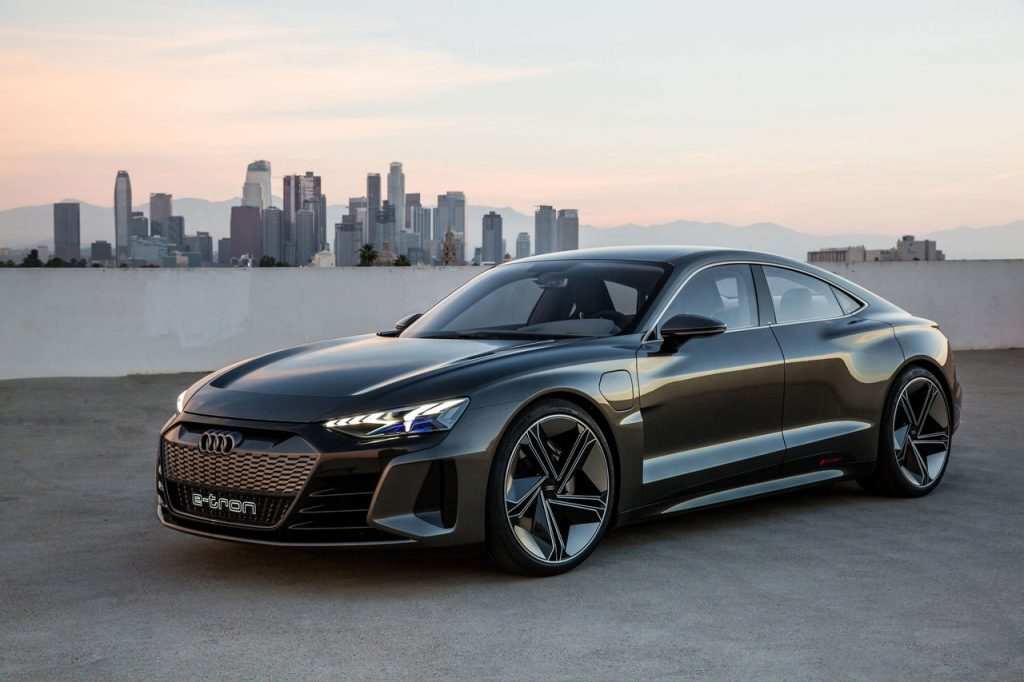In a world marked by rapid technological advancements and increasing environmental concerns, the automotive industry has witnessed a significant transformation. Electric Vehicles (EVs) have taken center stage, promising a cleaner and sustainable future. However, as we observe World EV Day 2023, we can’t help but notice that the Indian market is still missing out on some of the top-performing electric cars. In this article, we will explore the landscape of EVs globally and the reasons behind the absence of these high-performing electric vehicles on Indian roads.
The Global Electric Vehicle Landscape
The Rise of EVs
The global EV market has been on an upward trajectory, with countries worldwide embracing electric vehicles as a sustainable alternative to traditional internal combustion engine (ICE) cars.
Leading the Charge
Countries like Norway, China, and the United States have been leading the way in EV adoption, thanks to government incentives, robust charging infrastructure, and a growing awareness of environmental issues.
Tesla’s Dominance
Tesla, the brainchild of Elon Musk, has revolutionized the electric vehicle market. With their sleek designs, long-range capabilities, and advanced technology, Tesla cars have become a symbol of EV excellence.
Top-Performing Electric Vehicles
Several EV models from various manufacturers have gained recognition for their exceptional performance, including the Tesla Model 3, Nissan Leaf, and Audi e-tron.
The Indian EV Market
A Promising Start
India has taken steps towards promoting EV adoption with initiatives like the Faster Adoption and Manufacturing of Hybrid and Electric Vehicles (FAME) scheme, tax incentives, and subsidies for electric vehicles.
Challenges Ahead
Despite the positive steps, the Indian EV market faces several challenges, including limited charging infrastructure, range anxiety, and high upfront costs.
Missing Top-Performers
One glaring issue in the Indian EV market is the absence of some of the top-performing electric vehicles available globally.
Reasons for the Absence
Import Restrictions
One significant reason for the absence of top-performing EVs in India is import restrictions and high import duties imposed by the government.
Customization for Indian Market
Manufacturers often need to customize their vehicles to suit the Indian market’s unique preferences and conditions, which can be time-consuming and costly.
Charging Infrastructure
The lack of an extensive charging infrastructure network across the country limits the appeal of high-range EVs.
Price Sensitivity
The Indian market is highly price-sensitive, making it challenging for expensive EVs to gain traction.
Bridging the Gap
Government Initiatives
The Indian government can play a pivotal role by reducing import duties, offering incentives for local manufacturing, and investing in charging infrastructure.
Collaboration with Manufacturers
Collaborations between Indian manufacturers and global EV giants can help introduce high-performing EVs tailored to the Indian market.
Public Awareness
Creating awareness about the benefits of EVs and dispelling myths can contribute to increased adoption.
Conclusion
In conclusion, while the global electric vehicle market is flourishing with top-performing EVs, India has yet to fully embrace these marvels of modern technology. The absence of these cars on Indian roads is attributed to various factors, including import restrictions, customization challenges, charging infrastructure gaps, and price sensitivity. However, with concerted efforts from the government, manufacturers, and increased public awareness, India can bridge this gap and join the electric revolution.
FAQs
Q 1: What is World EV Day?
A. World EV Day is an annual event celebrated to promote electric vehicles and sustainable transportation solutions globally.
Q 2: Which electric vehicle is the most popular in India?
A. Currently, the most popular electric vehicle in India is the Tata Nexon EV.
Q 3: Are electric cars more expensive than traditional cars in India?
A. Yes, electric cars tend to be more expensive than traditional cars due to the cost of batteries and technology.
Q 4: How can I charge my electric car in India?
A. You can charge your electric car at home using a standard electrical outlet or at public charging stations.
Q 5: What are the environmental benefits of electric vehicles?
A. Electric vehicles produce zero tailpipe emissions, reducing air pollution and greenhouse gas emissions, which helps combat climate change.
